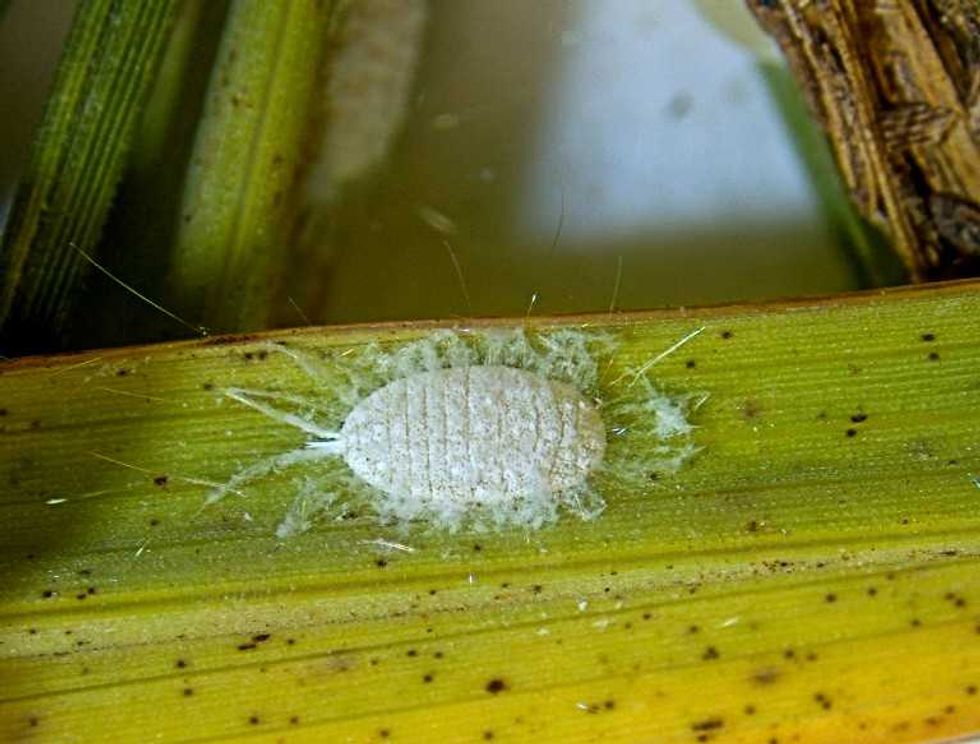squawk talk
Everything you always wanted to know about chickens (but were afraid to ask)
 Photo by Kerri Lendo
Photo by Kerri Lendo Photo by Kerri Lendo
Photo by Kerri Lendo Photo by Kerri Lendo
Photo by Kerri Lendo
I’m always tempted when I see a yard with adorable, squawking chickens. I’ve even gone so far as Craigslist and looked at coops for sale. Talking to friends, I’ve gotten conflicting opinions about whether or not it's a good idea to actually keep the small beasts in my yard: I’ve heard they’re super easy, but I’ve also heard they’re a poop nightmare. Before I made a final decision, I wanted to know the basics—so I talked to Carol Ann of Boggy Creek Farm, where they keep over 80 chickens.
First of all: how big of a commitment is this? I plan on being in Austin for some time, but am I looking at a 5, 10 or 15 years? “Just like people, [chickens] can die at any age—however, five years old is a dangerous point,” Carol says. “They can just die of a heart attack or something in the middle of the night.” About twenty percent of their flock has made it to the 8-13 year range (and she just had her oldest chicken pass away at 17 ½!)
Even though chickens can live a long time, they will not be supplying you eggs their whole life: it turns out chickens typically lay eggs for about five years. “They lay really great from year one to two and a half years,” Carol informs me. “Then they molt and lose their feathers and put new ones on and quit laying during that time.” After chickens molt, they lay eggs less frequently, but lay bigger eggs. Major egg production will be between February and June. As Carol points out, “That’s when a hen thinks it’s proper to lay chicks.” Get your omelet pan ready, because they’ll be laying around five eggs a week during the height of their career.
I want my chickens to be comfy, so I talked to her about how much space they need to be happy. She suggests around six square feet per hen. I know I’ll also be worried about keeping them comfortable in winter; she assured me chickens can handle a typical Austin winter, as long as you protect them from the north wind. Harsh winters (like last year) can be tough on them, though. “I hang row covering around the area where they are to keep all the wind off of them and then hang lights, red heat lamps, over where they’re sleeping,” Carol advises. New chickens will be startled by the heat lamps, but Carol says the older ones will remember the lamps from previous winters, since chickens have good memories.
Beyond keeping my chickens comfortable, I want to feed them well. (Austin is a foodie town, after all.) The chicks at Boggy Creek are fed land mash that is soy-free and has crab and fish meal for protein. For a treat they receive hen scratch and also get to roam the farm (when it’s not salad growing season) and eat whatever they want. In the winter they’ll even harvest tattered crops for them. Carol believes this is important to keep up egg production.
So the chickens are happy and eating—but then you have the poop situation. Boggy Creek has a set-up that allows them to collect the chicken’s poop and feathers (pro tip: great for composting) that falls from their perch while they’re sleeping. They can scoop it up and add it to the leaves in their compost pile. Carol believes the nitrogen rich poop is almost as valuable as the eggs. “This is a great boom to small chicken grower if they have a pen,” Carol explains. “Not the fresh poop, but when it's already been broke down into the dirt.” She believes this layer is “magnificent” to sprinkle onto your garden.
Now that I’ve got a good relationship with my chicks, I’m afraid I’m going to wake up one morning and see by beloved pets victims of the cruelty of the animal world. She warns that dogs, raccoons, possums, skunks, owls and hawks may all be after your chickens. They used to have two massacres a year in the coop, but have had success with Niteguard boxes. It’s solar powered with a flashing red light and is placed at the height of predators. The red light reflects off the predator’s retina and they will think it is another predator. This little box has helped the farm be massacre-free for the past six years.
I’m still thinking about welcoming some chickens into my family. New chicks are best acquired in spring, so I have a few months to decide. If you too are thinking about taking the plunge, Carol hosts a yearly free chicken seminar in the spring at The Natural Gardener where you can learn all about how to care for your new chicks.

 MealybugTAMU
MealybugTAMU